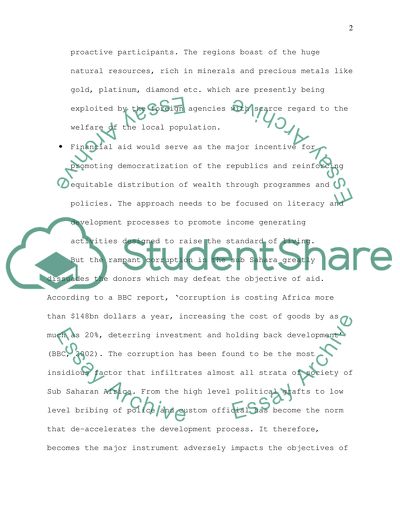Cite this document
(Politics and the Effectiveness of Foreign Aid Research Proposal, n.d.)
Politics and the Effectiveness of Foreign Aid Research Proposal. Retrieved from https://studentshare.org/social-science/1559853-master-thesis-proposal
Politics and the Effectiveness of Foreign Aid Research Proposal. Retrieved from https://studentshare.org/social-science/1559853-master-thesis-proposal
(Politics and the Effectiveness of Foreign Aid Research Proposal)
Politics and the Effectiveness of Foreign Aid Research Proposal. https://studentshare.org/social-science/1559853-master-thesis-proposal.
Politics and the Effectiveness of Foreign Aid Research Proposal. https://studentshare.org/social-science/1559853-master-thesis-proposal.
“Politics and the Effectiveness of Foreign Aid Research Proposal”, n.d. https://studentshare.org/social-science/1559853-master-thesis-proposal.


